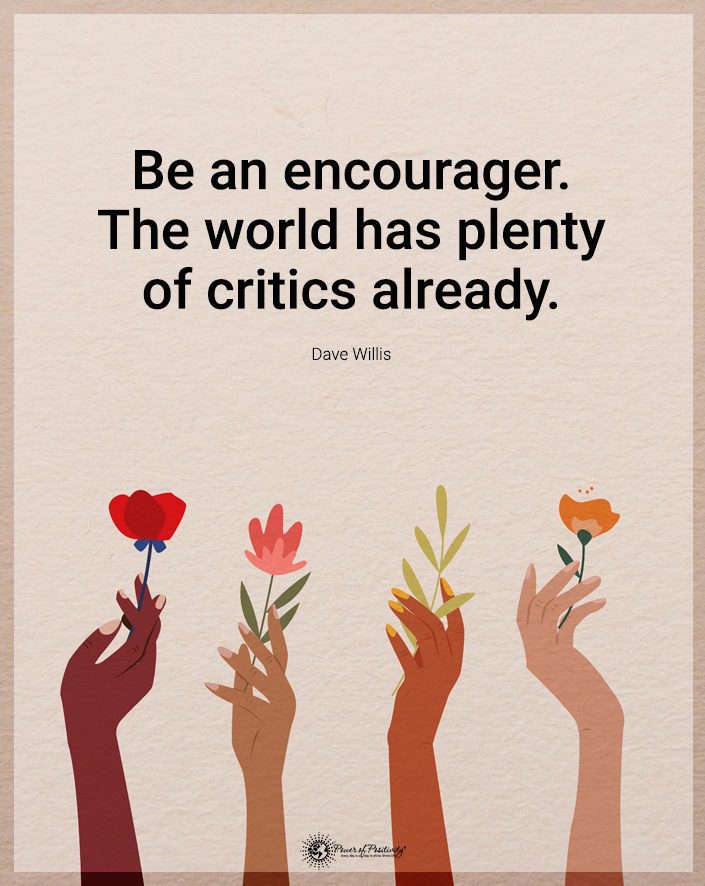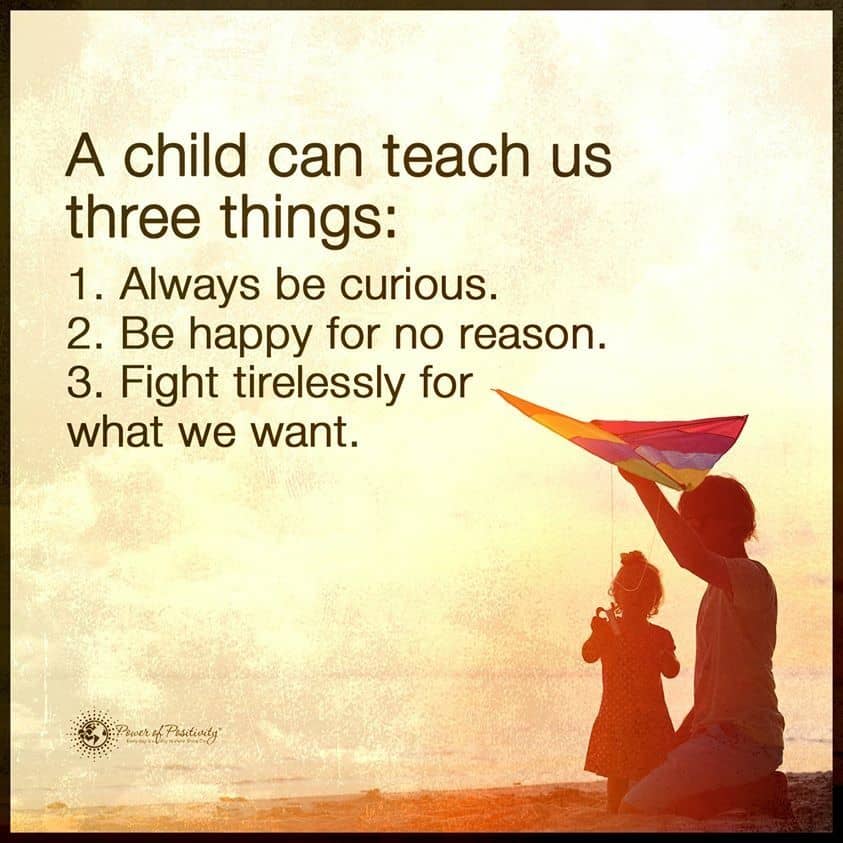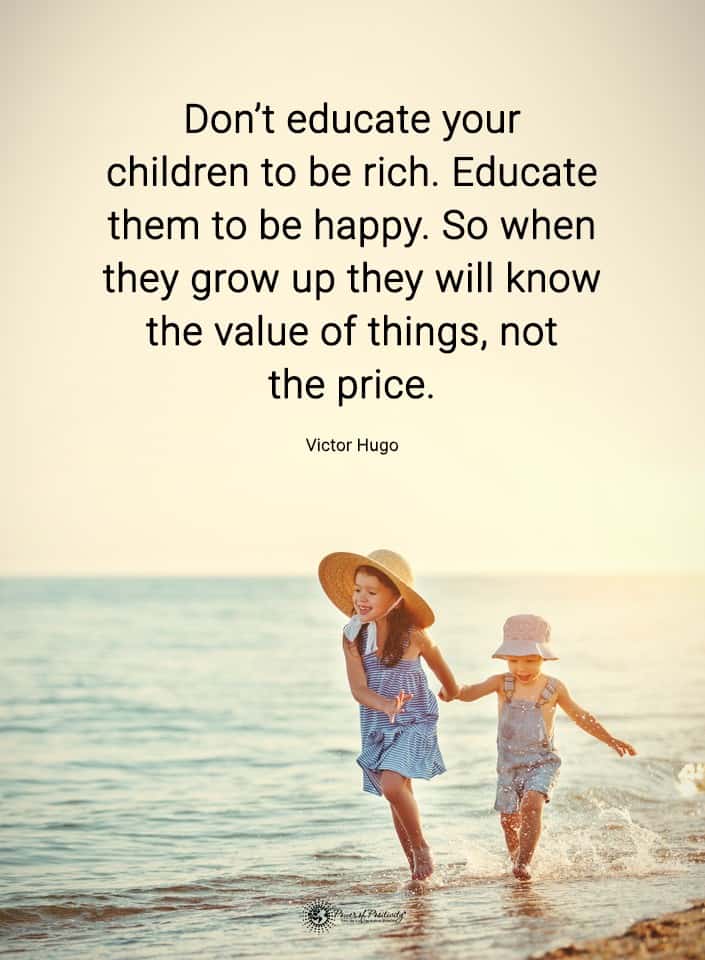Do you overindulge your child? Overindulgence can be defined as the act of giving too much, too soon to your child all at once. This can come in presents, treats, rewards, praise, chores, school-related exercises, activities, and more. It seems alright on paper. But in practice, it is a highly harmful way to raise a child. Moreover, it can lead to lifelong psychological struggles.
There are rarely ever any harmful intentions from parents who overindulge their children. It can come from a place of concern and care. You want the best for your child, after all. So if you have more to give to your kid than your parents had to give to you, it’s natural to want to make sure they live a happier life than you did at their age.
Parents may also overindulge a child due to feelings of guilt. For example, if you’re often busy at work, you may give your kid many presents to make up for it. Some parents may also be burned out or unequipped to handle a poorly behaved child, causing them to cave into whatever their kid wants to keep the peace.
The bottom line is that overindulgence comes from the best intentions. Still, if you have been overindulging your child, you’re not necessarily a bad parent! Parenthood is tough, and you have to learn as you sometimes go, after all. Still not convinced that overindulging your child is bad for them? Here are five ways overindulgence can negatively affect a child’s mental and emotional wellbeing.
1. They Think Happiness Can Be “Bought.”
Mental and emotional wellbeing relies on more profound, more meaningful things than material possessions. But for children raised with overindulgent beliefs, the concept of happiness is shallow. Instead of being given the care and attention they needed, they were instead showered with material items or surface-level rewards.
This type of attention can cause children to associate happiness with material things naturally. Unfortunately, studies show that this damages positive thinking. Individuals who seek happiness via material objects typically do not find what they desire. On the other hand, those who use the material resources they have to further their life experiences have a much happier and healthier mental wellbeing.
In other words, children have to learn that experiences in life will make them happy and that happiness is something to be enjoyed as and when it comes, not a destination to find.
 What are some possible outcomes of overindulgence?
What are some possible outcomes of overindulgence?
Overindulgence prevents this healthy mindset from developing because:
- Many overindulged children don’t get to have many experiences and are often very sheltered and confined. This sheltering makes seeking experiences later in life very difficult.
- Effort and motivation are necessary to seek experiences for happiness. But overindulged children are likely to want happiness to fall into their lap through material objects.
- Kids raised in a situation where they are overindulged, already accustomed, and attuned to the “buzz” of falsely positive neurological responses from receiving material items can become addicted to fake happiness.
Nobody needs to devote themselves to all-out minimalism, and it can be nice to have material objects. Still, your children must grow up knowing that there’s a balance to be found in that endeavor. For as long as you overindulge them, they won’t find that balance, and they’ll think that happiness lies in the items they own. It’s a lousy way to look at the world!
2. They Think They Need Certain Things To Live
Children who are overindulged are often given certain items to “tide them over.” For example, a kid who is anxious or shy may be given the promise of material rewards, such as toys, candy, or privileges, to motivate them further.
This means that they will begin to use items like these as a crux and will start to associate any success in their endeavors to the items they have.
For example:
- They may believe that they can’t succeed at something without purchasing expensive equipment.
- The child might refuse to learn a new skill unless they can take proper classes for it.
- They may develop an attachment to material items, believing that they are nothing without them.
- They might not have sufficient confidence to believe in their capabilities outside of their possessions.
It’s easy to see how this is harmful. The real world and adult life can sometimes involve making do with minimal, and grown-up experiences certainly won’t allow for perfect preparation at all times. And, of course, your kids will eventually see many people around them who can do great things without material items, which will make them question their worth.
No one likes feeling reliant on certain things to survive, especially as it becomes apparent that these reliances aren’t worth having. The sooner your children realize that they don’t need considerable material possessions to make it in life, the better for their mental and emotional wellbeing in the future.
3. They Don’t Value Anything
Overindulgence decreases the value of many things to a child. With the over-the-top influx of affection, toys, gifts, and similar “rewards,” a child will begin to view each one as the norm, reducing their value to something to be expected instead of enjoyed. Here are some things an overindulged child doesn’t value:
· Possessions
Overindulged children tend to think of material items as quickly and tirelessly disposable. This means they will break the things they have and take their privileges for granted because they only know a life packed with possessions.
· Relationships
An overindulged child won’t end up loving you more because you indulge them. Instead, they will begin to view relationships in this transactional manner, where they are given things they want or overprotected as a sign of love. This means they’ll devalue their relationship with you and carry on these unhealthy patterns in future relationships. They’ll have unrealistic expectations for both themselves and anyone they date.
 · Other People
· Other People
Social interaction and support are both important to well-being. But overindulged children tend to be selfish, according to studies. They think of themselves first and foremost and can have difficulty caring about others. This means that if you overindulge your kid, they are less likely to develop meaningful and supportive relationships and interactions with others.
4. Their Self-Worth Is Tied To The Wrong Things
Overindulged children receive all sorts of material items in exchange for adequately being raised and cared for. This can lead to adverse effects, as a child may grow up believing that their entire self-worth hinges on the things they own, the validation they receive from others, or how well-protected they are from hardship.
Self-worth that is truly healthy and positive must come from within and be motivated intrinsically. Children can only learn to think of themselves in this good light through careful teaching from their guardian figures – so overindulgence is not the way to go!
5. They Won’t Learn Necessary Life Skills
Overindulgence often involves:
- Coddling a child and sheltering them to the extent that prevents them from being exposed to the necessary facts of life.
- Walking a child through every step of different situations of even low difficulty, causing them to rely on you for constant instructions.
- Providing a vast safety net for a child to rely on so they can make unwise choices without worrying about permanent harm.
- Doing everything for a child to the point where they don’t learn how to do those things themselves.
- Reducing a child’s need to take responsibility and accountability for their misbehavior.
- Refusing to allow a child to explore safely and naturally.
It’s easy to see how this can cause your kid to grow up without the life skills they need for their adult life. You can’t always be there for your child, no matter how much you want to be, and there will come the point where you can’t protect or save them. Teaching them, so they know how to take care of themselves before that time comes is essential.
But how does this tie into mental and emotional well-being? According to research, adults find the most positive thinking through independence. A child who grows up without overindulgence will achieve the autonomy necessary for this positive state.
Specifically, the research mentioned above states:
- Money and material possessions don’t contribute positively to well-being in any meaningful or lasting manner. But they can cause decreases in mental state.
- Low levels of autonomy can worsen anxiety, burnout, and stress in many different cultures and societies.
- Individualism is also essential; the more individualistic someone grows up to be, they likelier to enjoy good well-being.
 Final Thoughts On Some Ways Overindulgence Negatively Affects A Child’s Mental And Emotional Wellbeing
Final Thoughts On Some Ways Overindulgence Negatively Affects A Child’s Mental And Emotional Wellbeing
Overindulging a child leads to learned helplessness that harms them in their adult life and causes them to latch onto ideas of self-worth based on materialism and surface-level concerns. And, of course, it damages your relationship with them and gives them unhealthy patterns in their future relationships.
In a nutshell, this means that overindulging your child will almost always lead to a more difficult time for them in adulthood. Additionally, it negatively affects their emotional and mental well-being. This is why it’s so vital that you learn other parenting styles to prevent your kids from falling into this trap.
You can avoid overindulging your child by creating healthy boundaries, limits, and rules. Then enforce the guidelines with a firm but fair hand. In addition, you should do your best not to over-nurture your child by doing everything for them. Indeed, this behavior will never allow them to learn or try things for themselves. Finally, don’t give too much to your child, whether “too much” includes screen time, toys, activities, or even learning materials.
Of course, as mentioned prior, a desire to overindulge your child may come from your issues. Speaking to a personal therapist or similar professional may grant you some insight into your overindulging impulses. Of course, there’s no shame in seeking help this way. Nor will there be shame in going to a specialist to learn healthier and more positive parenting styles. Parenting is hard work, and it’s okay to need help to raise your child in the best way possible!




















